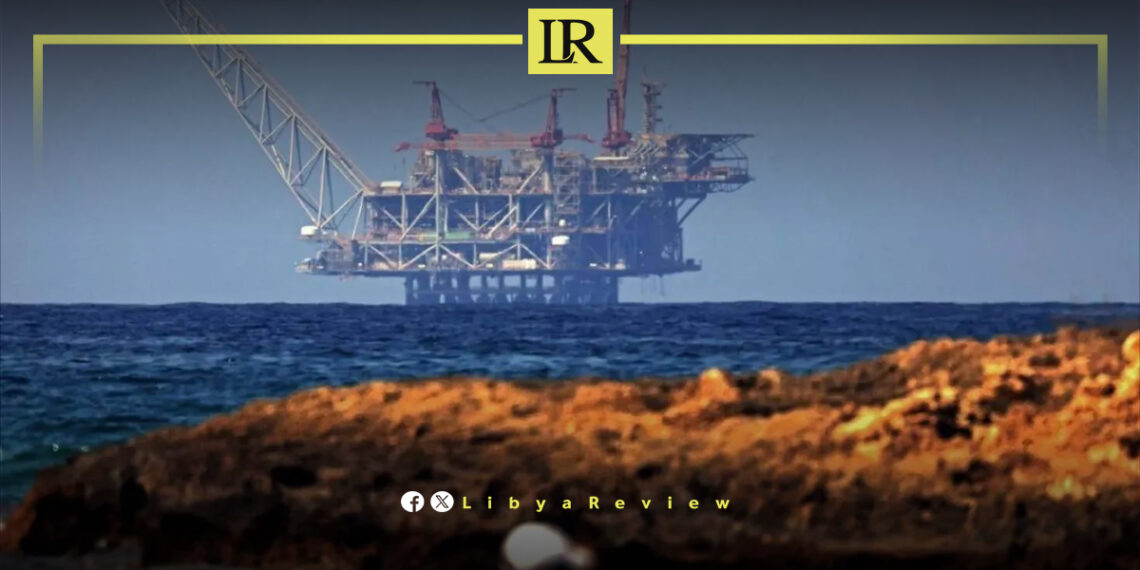Greece has officially granted four offshore exploration blocks in the eastern Mediterranean to an international consortium led by US energy giant Chevron, despite formal objections from Libya, which has reiterated its claim to parts of the same maritime zone.
In a statement, the Greek government confirmed that after detailed negotiations and evaluations, the Chevron–Hellenic Energy consortium was chosen as the preferred bidder for exploration and drilling rights. The decision follows a public tender launched in April 2025, aimed at expanding Greece’s oil and gas exploration program in the Mediterranean.
The awarded zones include South Peloponnese, Block A2, and two areas south of Crete known as South Crete 1 and South Crete 2. According to Greek officials, Chevron and Athens are now finalizing the concession agreement, which will require approval from both the Greek Parliament and the Court of Audit.
For his part, Greek Energy Minister Stavros Papastavrou stated that once all necessary approvals are obtained, seismic surveys will commence, allowing companies up to five years to assess potential reserves. He added that no exploratory drilling will take place before 2030, underscoring the project’s long-term scope.
The announcement, however, has drawn sharp criticism from Libya, which has formally protested to the United Nations, claiming that the designated areas overlap with its exclusive economic zone (EEZ). Libya’s submission included maps and technical data asserting its maritime rights, while reaffirming its adherence to the 2019 maritime boundary agreement with Turkey.
Tensions between the two countries have escalated in recent years over conflicting maritime claims in the eastern Mediterranean. In late September, Athens hosted a technical meeting with Libyan experts to discuss maritime boundaries, as part of an effort to prevent further escalation.
Greek Prime Minister Kyriakos Mitsotakis has since proposed a regional dialogue framework involving Libya, Egypt, Turkey, and Cyprus to address broader Mediterranean issues, including migration, energy, and maritime demarcation.


